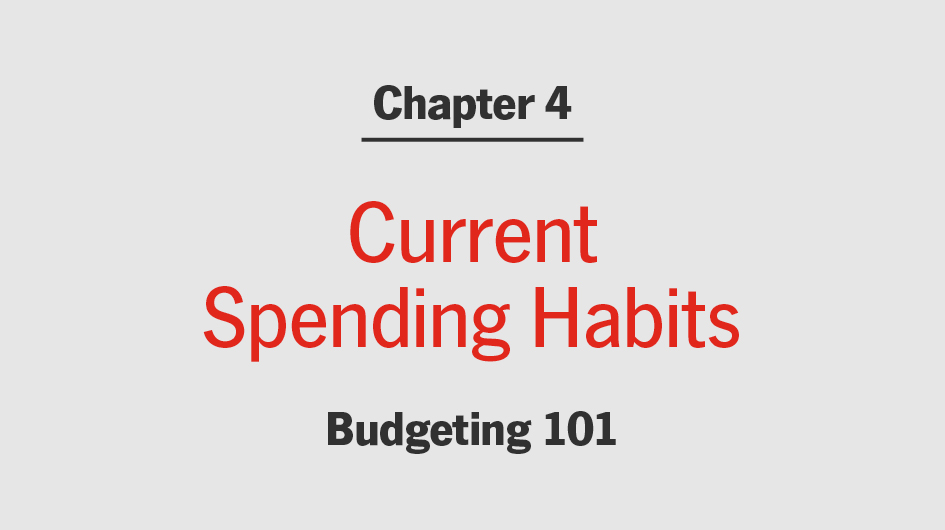How a recession can affect investments
A slide in the market is nerve-wracking for anyone with investments. But it can be especially stressful for those nearing retirement or about to send kids to college. A market drop can feel as if your well-planned goals are slipping away. Before you panic, however, know that there are steps you can take to help prepare and respond to the variability in the market. Here are some common questions and answers for how to survive a recession.
What is a recession?
A recession is usually identified as when, for at least six months, there is a decline in the economy’s financial activity — less spending — and an overall “slump” in growth. Many factors go in to determining if a recession is occurring.
How often should I check my investments?
It's natural to worry during uncertain times. But checking your balance(s) daily may increase anxiety and really isn't a productive use of your time. Instead, try only reviewing your balances every few months — remember, you’re in it for the long haul. Markets typically rebound in the long run, even after extreme downturns. When it comes to investment allocations, make sure the asset mix corresponds to your risk tolerance and time horizon so that you can be more confident in your portfolio.
Should I sell investments?
When your retirement or college portfolio takes a hit, it's natural to respond by questioning whether to sell off and stop the losses. However, it's typically best to be patient because pulling your investments may end up doing more damage. Here's why: When the market rebounds, you'll buy back those investments at a premium. History has shown that if you hold your position, the market will generally gain back its value over time — and then typically goes up more from there. And remember, investments will fluctuate throughout the time that you own them, so make sure you are comfortable with your investment strategy.
What if the college savings declined during the recession?
You may have originally planned to cover the first several years of college tuition with funds from your college savings and thought you'd retire and jump right in to travel and hobbies. However, if you can be flexible and explore alternative strategies, you may be able to give the market time to recover. For example, is it feasible for you to work one or two more years? For the first year of college, can you pay a portion of the tuition bill without touching savings by using a loan to cover the remainder? Discuss all possible strategies with your household and work together to define a plan that works best for your situation.
How can I protect college and retirement goals?
It's important to have a financial plan in place that consists of long-term investment strategies. A diversified portfolio can help reduce volatility and may support the flexibility you require during an economic downturn. Investing in target date funds may be a good option — these funds adjust allocations and investment mixes based on your age or the proximity to your goal (sending a child to college, for example). And if you can, consider establishing a cash reserve. A savings account or emergency fund may help cover expenses during a recession, instead of having to sell an investment. You can also seek the advice of a financial professional to help guide you in your investment strategy and goals.
Additional measures you can incorporate to help prepare for a recession
- Review your budget. Identify and eliminate emotional spending so that you can build up your savings. You can also set aside a few no spend days each month and build up a little savings.
- Build an emergency fund. It is recommended to have 3-6 months of living expenses saved in an emergency fund that can be used for hardships such as a job loss. Our emergency fund calculator can help you determine how much to save.
- Protect your credit score. Your credit score is an important number and maintaining or improving your credit score may help you fare better in the event you need access to a line of credit during a recession.
- Live within your means. This means that what you spend during the month is less than what you bring in. It allows you to save so that you have funds available if a recession hits and your income is reduced.
- Limit your existing debt. The less current debt, the better. If you can minimize your debt now, you’ll be better off during a recession when you may have less income.
- Diversify your investments. This allows you to not put all your eggs in one basket — to spread your money across different types of investments.
- Know your risk tolerance. How quickly will you need access to your money? Answering this question will help identify your tolerance risk profile of being conservative, moderate or aggressive.





